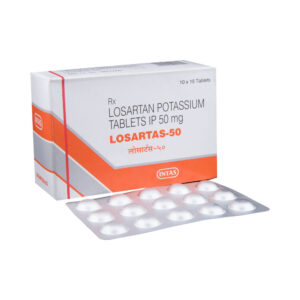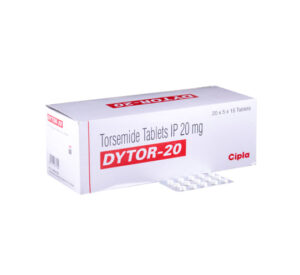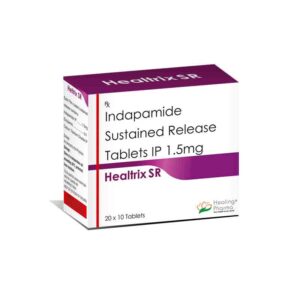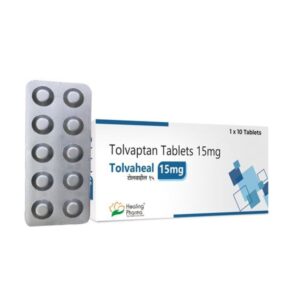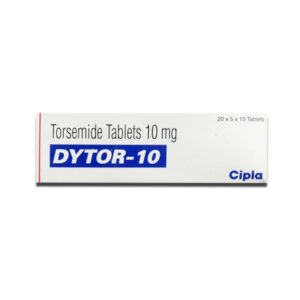Torasemide Information
Pronunciation
TORE se mide
What is this drug used for?
• It is used to get rid of extra fluid. It is used to treat high blood pressure.
Other side effects of this drug: Talk with your doctor right away if you have any of these signs of:
• Fluid and electrolyte problems like mood changes, confusion, muscle pain or weakness, abnormal heartbeat, very bad dizziness or passing out, fast heartbeat, more thirst, seizures, feeling very tired or weak, not hungry, unable to pass urine or change in the amount of urine produced, dry mouth, dry eyes, or nausea or vomiting
• High blood sugar like confusion, feeling sleepy, more thirst, hunger, passing urine more often, flushing, fast breathing, or breath that smells like fruit
• Kidney problems like unable to pass urine, blood in the urine, change in amount of urine passed, or weight gain
• Severe dizziness
• Passing out
• Trouble hearing
• Noise or ringing in the ears
• Signs of a significant reaction like wheezing; chest tightness; fever; itching; bad cough; blue skin color; seizures; or swelling of face, lips, tongue, or throat.
Medication Safety Issues
Sound-alike/look-alike issues:
Torsemide may be confused with furosemide
Demadex may be confused with Denorex
Geriatric Patients: High-Risk Medication:
Beers Criteria: Diuretics are identified in the Beers Criteria as potentially inappropriate medications to be used with caution in patients 65 years and older due to the potential to cause or exacerbate syndrome of inappropriate antidiuretic hormone secretion (SIADH) or hyponatremia; monitor sodium concentration closely when initiating or adjusting the dose in older adults (Beers Criteria [AGS 2019]).
Storage and Stability
Store at 15°C to 30°C (59°F to 86°F).
Adverse Reactions
Cardiovascular: Chest pain, ECG abnormality
Central nervous system: Nervousness
Gastrointestinal: Constipation, diarrhea, dyspepsia, nausea, sore throat
Neuromuscular & skeletal: Arthralgia, myalgia, weakness
Renal: Polyuria
Respiratory: Cough, rhinitis
Rare but important or life-threatening: Angioedema, arthritis, atrial fibrillation, esophageal hemorrhage, gastrointestinal hemorrhage, hyperglycemia, hyperuricemia, hypokalemia, hyponatremia, hypotension, hypovolemia, impotence, increased thirst, leukopenia, pancreatitis, rectal hemorrhage, shunt thrombosis, skin rash, Stevens-Johnson syndrome, syncope, thrombocytopenia, toxic epidermal necrolysis, ventricular tachycardia, vomiting –


